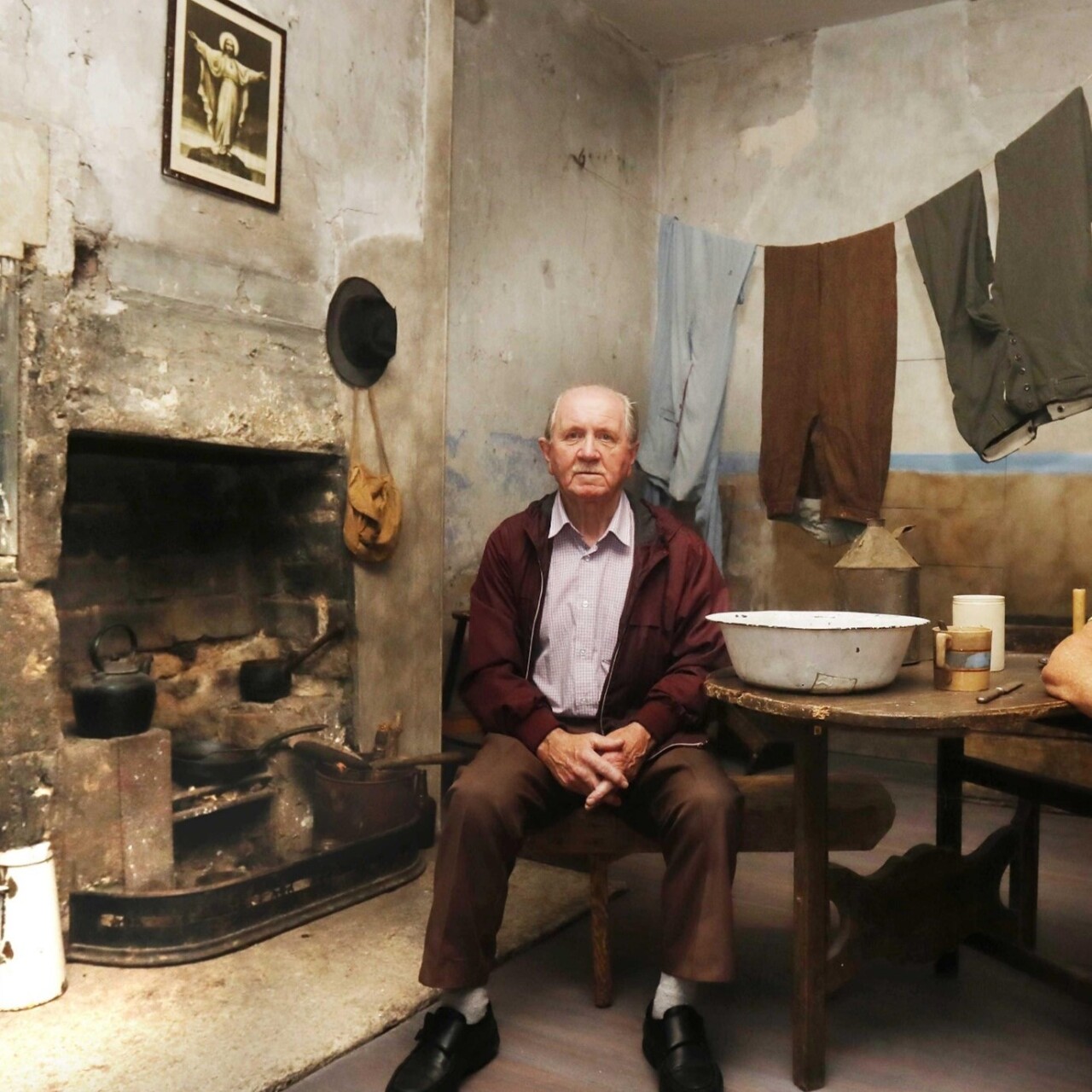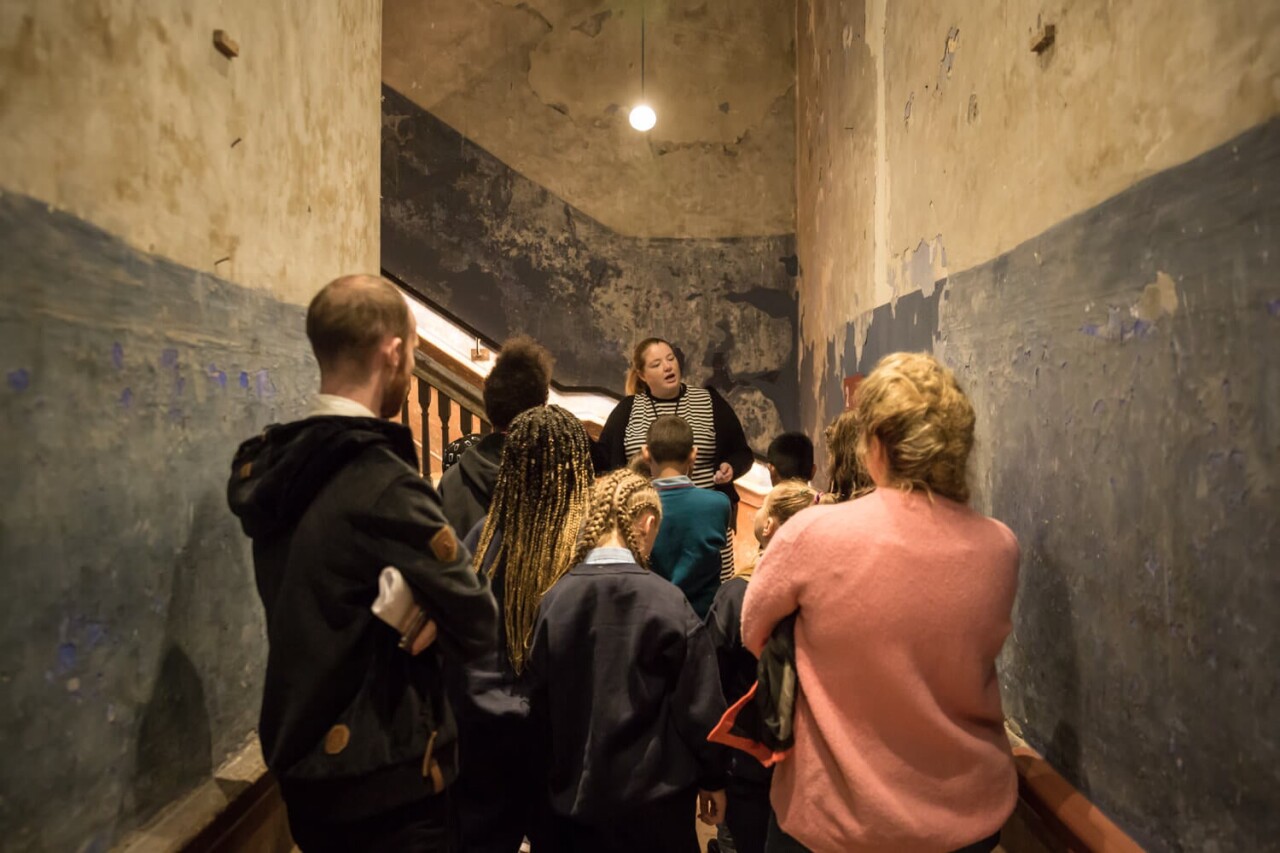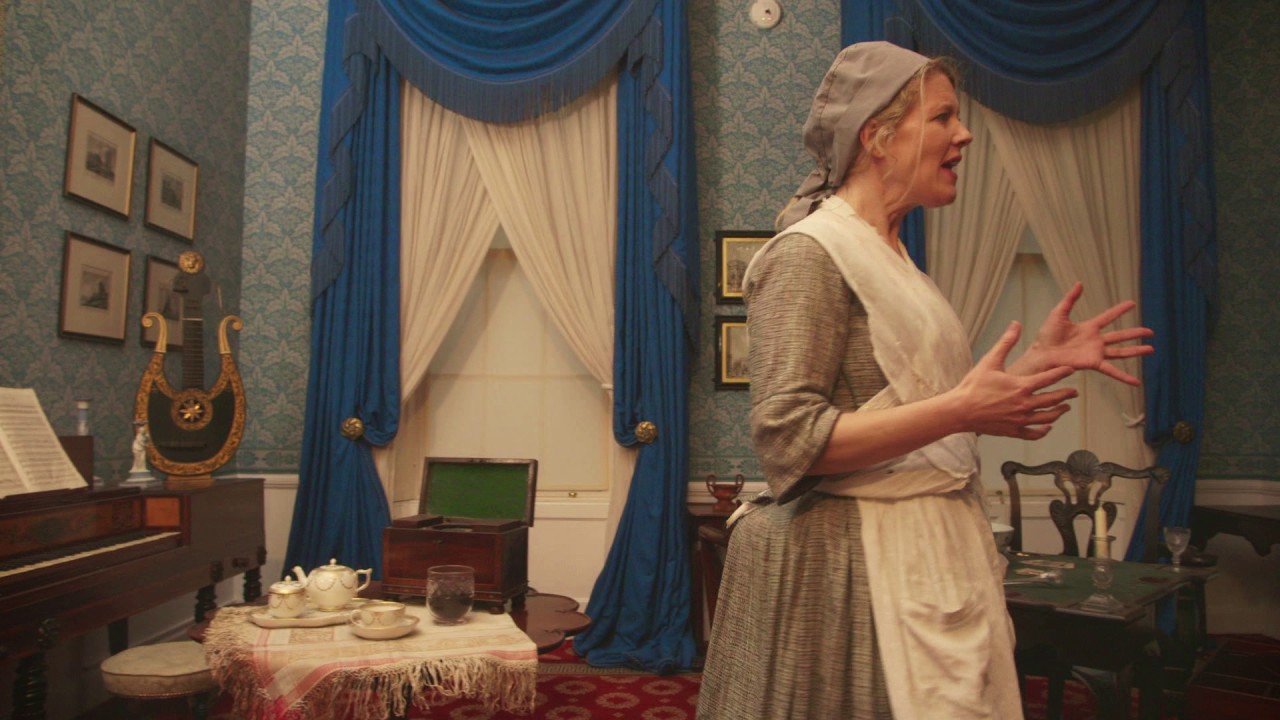Class, Authenticity and Narrative – 14 Henrietta Street, Number Twenty-Nine and The Museum Flat
Following the BLM protests in 2020, museums as cultural spaces have become subject to closer inspection of what role they play in representation and more importantly misrepresentation of neglected groups. In today’s climate, more is being asked of the conventional museum. Museums have moved past simply being displays of artefacts and are now institutions tasked with researching and teaching about a particular topic. Museums are spaces equipped with the ability to sustain important community developments and educate and entertain in a multitude of media forms. This research provides an ethnographic analysis of three townhouse museums in Dublin, 14 Henrietta Street, Number Twenty-Nine and the Museum Flat, as an exploration into how class is represented in these institutions. Through a mix of research collected from site visits, seminars, and interviews as well as policy documents and published texts the research will show the public’s relationships and reactions to these cultural sites and how a more positive interaction between the two can be built and sustained. Commercial museums, funding sources, and delicate heritage are just some of the obstacles these institutions must navigate to reach their full potential of highly informative and impactful cultural spaces for communities. Each of these museums, to varying degrees, reckon with presenting multiple narratives within the context of one building and finding the balance in knowing what story to tell. This research highlights the failures, such as competing narratives, community consent and narrative intention while also pointing towards better practices such as establishing the human connection between individuals and the spaces. This research also demonstrates the significance of an institutional-focused lens.


